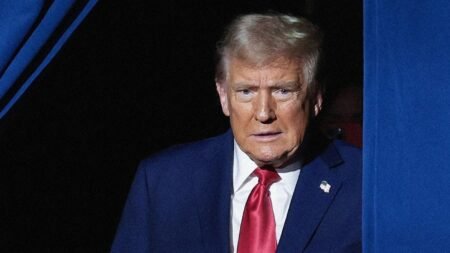France is gearing up for its general election next Sunday following President Macron’s unexpected decision to call for an election. In the first week of campaigning, Macron has seen a further decline in political support as heavyweight ministers and contenders on the center-right have criticized his decision. Bruno Le Maire and Edouard Philippe’s party will now campaign separately from Macron’s Renaissance, potentially leading to a shift in the political landscape.
It is predicted that Marine Le Pen’s RN party will gain around 35% of the vote in the first round, potentially leading to a minority or marginal government with the support of some right-wing members of parliament. However, it is uncertain whether this government would be sustainable. The outcome of the election is currently uncertain, with the possibility of a hung parliament or a minority RN government. In the event of a hung parliament, a technocratic government led by right-leaning figures is the most likely scenario.
Both far-left and right-wing parties are toning down their policy promises as they anticipate potential government coalitions. The RN recently unveiled their policy manifesto, focusing on immigration, security, and deregulation of business procedures. However, Bardella’s delivery of the manifesto was criticized for lacking substance, raising questions about the RN’s ability to govern effectively. On the left, there is speculation that Jean Luc Melanchon may not lead a far-left coalition government, with former President Francois Hollande being considered as a potential leader.
Macron’s decision to call for an election has backfired, leading to a decrease in his credibility and support within the establishment. The political climate in France is tumultuous, with dissatisfaction towards the President prevalent. The RN is currently in a strong position, with the potential to play a significant role in the next government. Despite the political turmoil, the economic and financial repercussions of the election have not been as severe as expected, although there is little optimism for improvement in this area.
Overall, the upcoming election in France has the potential to reshape the country’s political landscape. With Macron facing criticism and the rise of the RN party, the outcome of the election remains uncertain. The formation of a new government, whether it be a minority RN government or a technocratic coalition, will have significant implications for France’s future direction. As the election approaches, the focus remains on the shifting alliances and policies of the various political parties vying for power.












